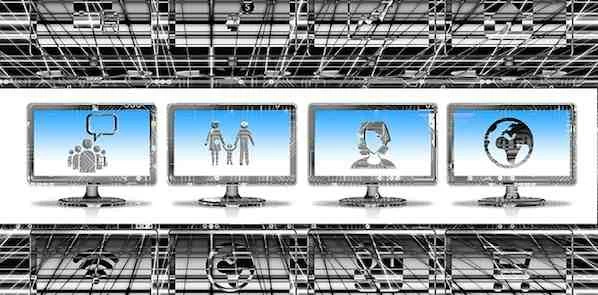A new report published in Medical Care reveals that physicians who use health information technology (HIT) to coordinate patient care frequently do not receive the data they need from electronic health records (EHR) systems. Care coordination between healthcare providers is associated with cost savings and higher quality of patient care, but routine electronic data exchange is challenged by interoperability issues.
Researchers at the US Agency for Healthcare Research and Quality examined data from 4,500 physicians who were surveyed on the use of electronic health records and electronic information sharing in their offices. They were interested in learning whether the use of HIT increased the likelihood of physicians receiving the types of patient data they needed to effectively coordinate care.
Approximately one third of the physicians in the nationally representative sample reported having an EHR system and using electronic means to share patient health data. A slightly higher number of physicians (39 percent) said they had an EHR system in place, but did not share patient data electronically. A quarter of the physician offices surveyed had no EHR system and also did not electronically share patient data.
Electronic Information Exchange is Not Always Routine
According to the study, 48 percent of routine users of HIT received patient data from other practices, while 40 percent of non-routine users of HIT received the necessary information they needed for care coordination. Notably, many physicians who reported the successful acquisition of patient information said they received it by fax or non-electronic means. The use of HIT had no significant impact on the physicians’ receipt of hospital discharge information.
The authors asked physicians about electronic data exchange for three types of information: the results of patient visits with providers outside of their practice, information on patients referred from external practices, and hospital discharge data. Approximately two thirds (64 percent) said the routinely received information in the first category, with 46 percent and 54 percent of physicians reporting the routine receipt of the other types of information, respectively.
"For all three types of information, roughly one-third of physicians reported receiving the information but not routinely," the authors write.
Challenges: Cost and Interoperability
Two challenges to the effective electronic exchange of data are the cost of implementing the required technology, and the ability of such systems to work together in order for patient information to be shared between physicians and other providers. Previous research has shown that information exchange is not always successful between doctors’ offices and hospitals, and between primary and specialty care providers.
“Being able to exchange data electronically does not automatically associate with better care coordination if the information needed is not exchanged between providers,” said Chun-Ju Hsiao, PhD, MHS, who led the study.
There are currently several federal initiatives which aim to improve patient health information exchange across entities. The Office of the National Coordinator for Health Information Technology has a 10-year plan for building a nationwide, interoperable HIT infrastructure. Such a platform would allow not only care providers but patients and their families to access health information for greater care coordination and more informed decision-making.
Medical Care is published by Lippincott Williams & Wilkins, which is part of Wolters Kluwer Health.
Source: Wolters Kluwer Health
Image Credit: Pixabay
Latest Articles
EHR, interoperability, health information technology (HIT), care coordination
A new report published in Medical Care reveals that physicians who use health information technology (HIT) to coordinate patient care frequently do not rec...










